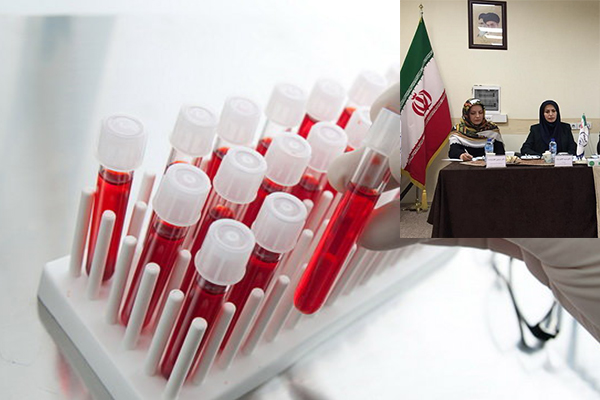Increased Pace of Infertility Treatment in Women
The third “menstrual blood stem cell bank” of the world is established in Iran to accelerate the pace of treatment of women"s infertility, early menopause treatment, fertility preservation, reproductive medicine and some other diseases.
The third “menstrual blood stem cell bank” of the world is established in Iran to accelerate the pace of treatment of women"s infertility, early menopause treatment, fertility preservation, reproductive medicine and some other diseases.
The bank is located in Ibn Sina"s infertility treatment center. The former two centers are located in the US and India.
Menstrual blood stem cells, such as cord blood stem cells and bone marrow, are capable of regeneration and regeneration. Ability to reproduce and repair damaged tissues, ability to repeat monthly sampling, lack of need to prescribe medication to stimulate more stem cell production, and easy preparation without suffering pain are among the priorities of menstrual blood stem cells.
The menstrual blood bank is also a renewable source, and the use of these stem cells in treating infertility has been very successful.
Amir Ali Hamidieh, the secretary of council for stem cells sciences and technologies, stated on a press conference to unveil the menstrual blood stem cell bank, stating: we have many problems with childbirth in the country, where menstrual stem cell bank can solve some of the problems of infertility treatment. One of the bad things that happened in the country in recent decades was population control.
Regarding new responsibilities of Ibn Sina Research Center, he asserted: new responsibility of Ibn Sina Institute of Infertility from today is to make plans for infertility treatment in the country. The main issues of using induction pluripotent stem cells or IPS to produce eggs or sperm Using induction pluripotent stem cells in this field are not long lived in the world and are predicted to play an important role in the treatment of infertility in the future.
Hamidieh also mentioned: Ibn Sina Research Institute must produce sperm cells and eggs from stem cells with IPS type in the next five years.





ارسال به دوستان